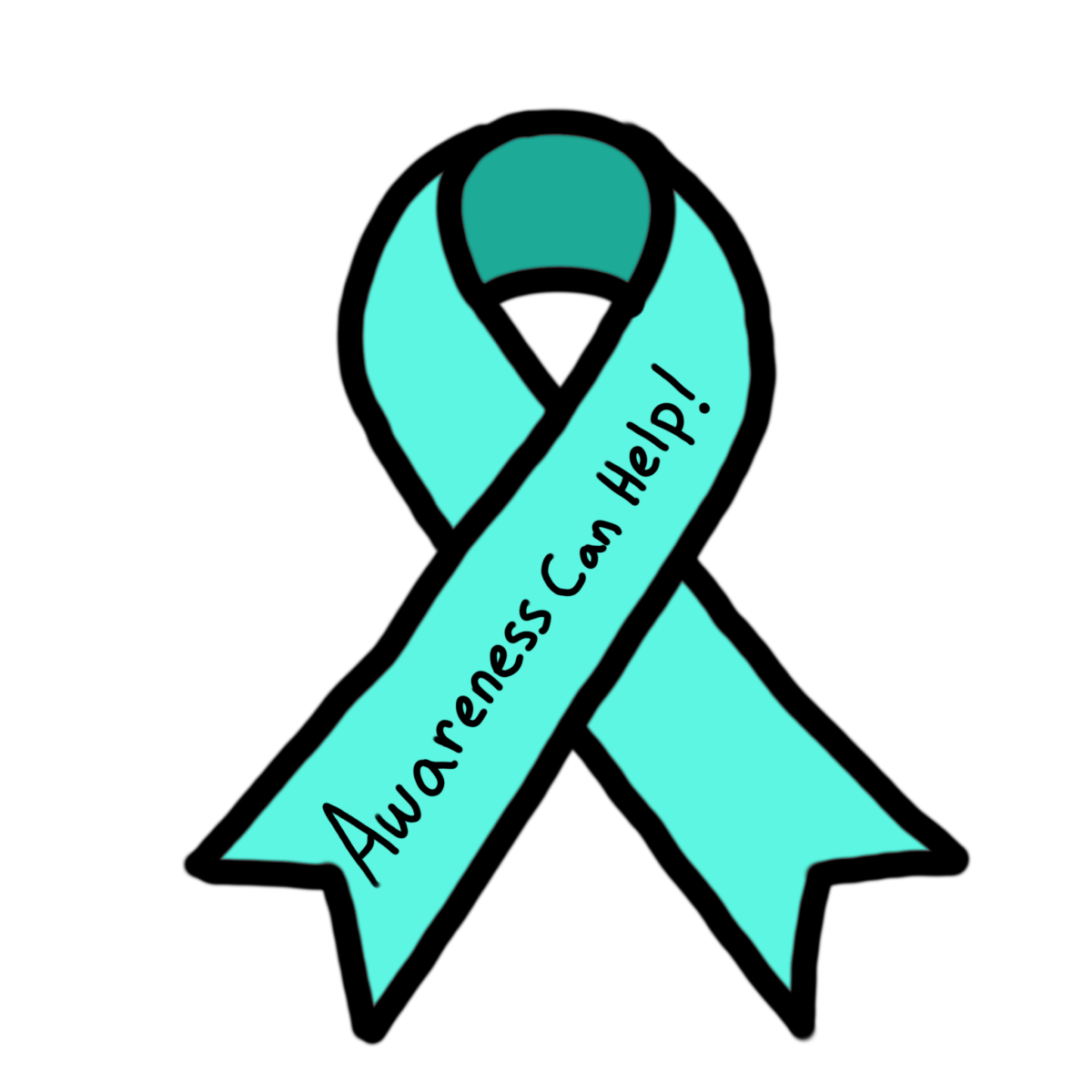Recently, a hot topic of coverage for the Whit has been a discussion of drugs. From cocaine prevalence on campus and explanatory outlooks on fentanyl in America to opinion pieces highlighting the importance of carrying Narcan to personal struggles with a parent suffering from a cocaine addiction. The Whit has even covered nicotine addiction on campus. These are topics that need attention brought to them that will spark conversation.
The conversation around drugs and addiction hits particularly close to home for me, having had many family members suffer through addiction throughout my life. I am here to say that the discourse on addiction needs to never stop. A better understanding needs to be built throughout communities.
I have seen firsthand how frustrated or ignorant others can be to those who are suffering. Being someone who has an addiction run in their family, this can add even more pain to an ever-complicated issue. Due to this factor, I must be cautious in all that I do, because I am aware that I could easily become addicted.
I am not alone in these struggles, and because of the negative connotations I fear that my peers may understand what I understand, but do not speak on it.
In fact, according to the National Institute on Drug Abuse, “by combing through genomic data of over 1 million people, scientists have identified genes commonly inherited across addiction disorders, regardless of the substance being used.”
A primary issue surrounding addiction is simply not a person’s addiction itself, but the social constructs and criticisms that surround it. When a family member or a friend is struggling, and it is affecting you, it can be hard to speak about it. Many do not understand addiction and will become angry at the person who is addicted, leading to embarrassment or frustration for those who are dealing with the addiction.
The lack of understanding and increased judgment is nothing new when it comes to drug use or abuse. “Attempts to understand the nature of illicit drug abuse and addiction can be traced back for centuries, however, the search has always been limited by the scientific theories and social attitudes available or dominant at any one time.”
When I was actively helping my own father fight his addiction, which he had struggled with for over 20 years, I was often met with comments that clearly showed people’s anger or lack of understanding. Common phrases I heard included, “Why are you even trying to help if it’s hurting you?” and “It’s his fault he’s addicted, you shouldn’t care,” or “It’s not worth it.”
Anytime I heard someone express comments such as these, it felt as though someone was stabbing a knife into my chest. I had suffered in silence for years, doing my best to support someone I loved who couldn’t control their urges to mask their pains in life through substances. It was hard enough to live with, but to finally open up about it and be met with people telling me to give up and stop trying to help them made me feel helpless.
It may have been draining at times to be this support for an addict, but because I never gave up he is now sober, healthy, and happy. This may not be the outcome for everyone, but you can make a difference. Especially as a college student surrounded by others who are beginning to experiment with new drugs. It is often overlooked how easily someone can become addicted, and you could be the person to take a stand and help those around you to avoid or stop an addiction.
Timelycare.com stated, “College students make up one of the largest populations of drug abusers and are at a heightened risk of addiction. The rate of substance abuse (both drugs and alcohol) among college students has risen steadily in recent years. A recent study found that 37% of college students regularly used an illegal drug or abused alcohol.”
While it may reign true that a person struggling with addiction will not seek help unless they are ready to quit– or maybe they don’t even know they need help— I personally believe you should not give up on them. People need support in life whether it’s an important leap they need to take or if they are struggling. Being alone and feeling as if no one supports you no matter what it is, can be detrimental to a person’s well-being and drive. When you care for someone, it is worth it to at least try to help.
As college students, we can be this change to bring the conversation about. Maybe you can even save someone from addiction. By being aware and proactive, there is always positivity to jump-start someone who is struggling through recovery.
To further the conversation, something those close to me know is that my mother became ill when I was in elementary school. Having suffered a heart attack and now living with severe brain damage an inability to walk or feed herself and has the mentality of a child. This has been a painstaking feat to live with. And could be an additive as to why my dad suffered so intensely.
What I often don’t share is that she is this way because of drug use. She was in fact overdosing the day she became ill. The doctors did not treat her for an overdose but for nausea. Then, they sent her home and the worst happened.
I do not share this because it is embarrassing and I don’t care to hear the backlash. I do not want to be told that “she did this to herself,” or that “she deserved what happened because she chose to do drugs.”
When my mom became sick I was too young to understand what addiction was. As I grew up and learned what had truly happened, it was too late. The criticism for anyone struggling with addiction was prevalent. I never looked at her as less for what happened, and I didn’t want others to either. In return, I chose kindness and understanding. I chose to educate myself on addiction and what support can do.
If the doctors had paid attention to the signs of drug use which include mental confusion, difficulty remaining consciousness, vomiting, breathing difficulties, and/or seizures; she may have been okay, and I wouldn’t have had to grow up without a mother. There are many signs of drug use, to learn more go to AmericanAddictionCenters.org.
With awareness and conversation, people around us become knowledgeable on a topic that could save and change lives. By understanding that someone who suffers from addiction can not control their drug use once addicted, anger and frustration towards them may decrease.
All this being said, whether addiction runs in your family, someone you know has an addiction, or you yourself are struggling it is no one’s fault. Addiction is a disease and those who suffer need support. Support starts with education, awareness, and conversation.
For comments/questions about this story DM us on Instagram @thewhitatrowan or email [email protected]

























































































































































!["Working with [Dr. Lynch] is always a learning experience for me. She is a treasure,” said Thomas. - Staff Writer / Kacie Scibilia](https://thewhitonline.com/wp-content/uploads/2025/04/choir-1-1200x694.jpg)










































